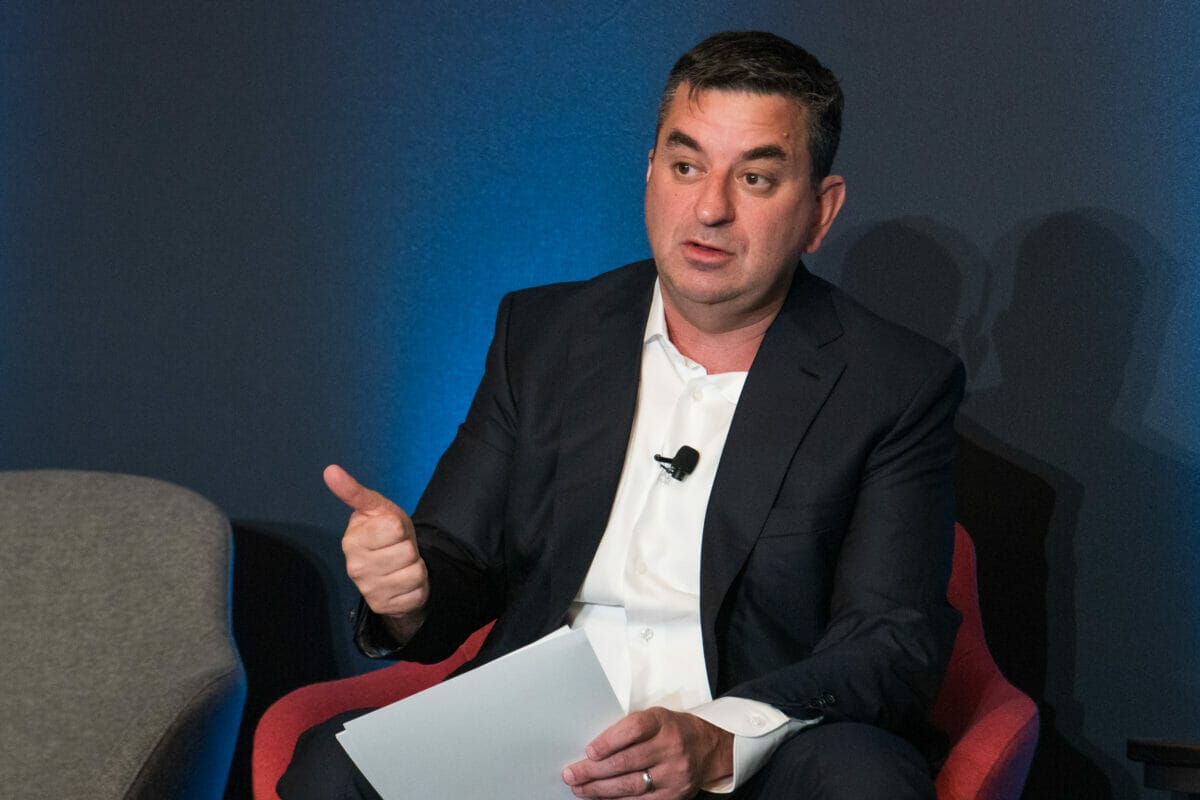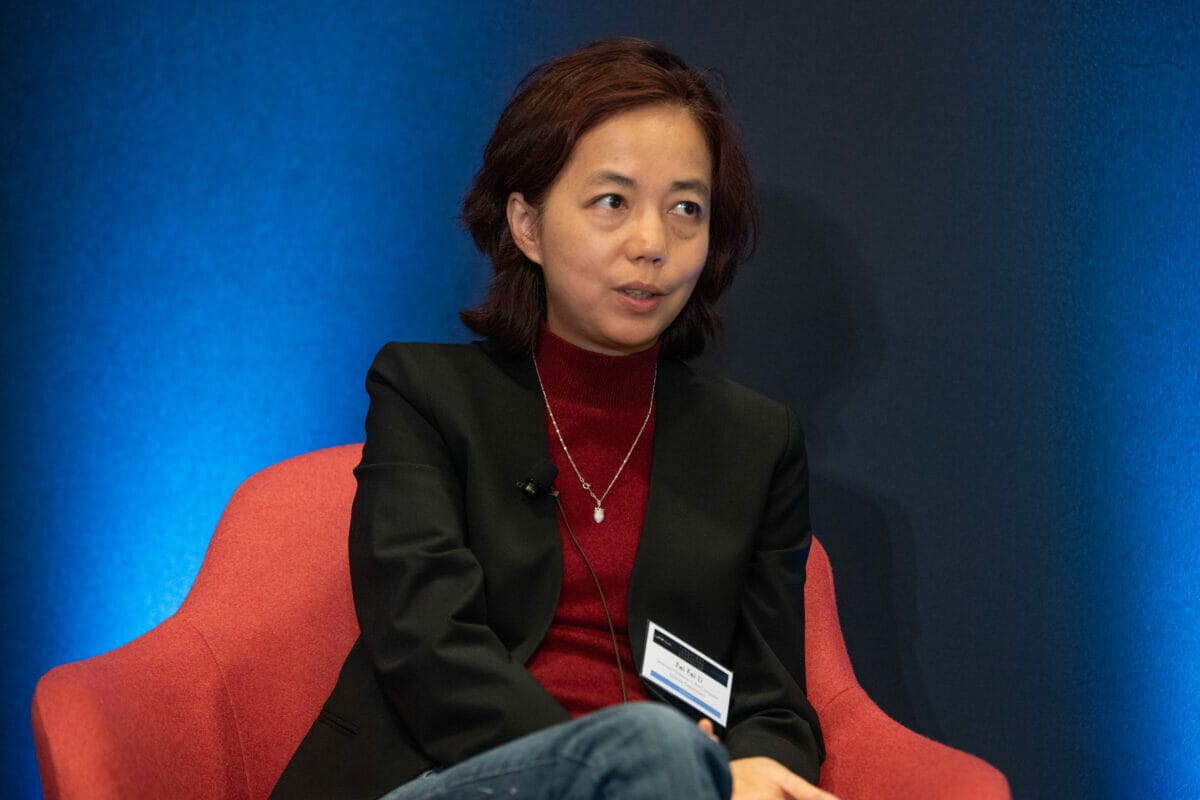Bridgewater Associates co-chief investment officer Greg Jensen said government policy has steadily increased in influence over the economy and portfolio construction over the past 20 years and now outstrips the importance of private sector incentives. The pace of deglobalisation is a key trend for institutional investors to keep abreast of, he says, as the US races towards another presidential election cycle.
Government policy has surpassed private sector incentives as a major factor influencing financial markets and portfolio outcomes, said Greg Jensen, co-chief investment officer at Bridgewater Associates.
Jensen, who leads portfolio construction at the storied hedge fund alongside Karen Karniol-Tambour and Bob Prince, told the Fiduciary Investors Symposium at Stanford University last week that investors need to pay more attention to geopolitics and public policy now than at any time in the past two decades of market cycles.
“This is a very time where politics matter a lot, with a lot of cross cutting ways,” he said. “If you turn back the clock 20 years … largely, in most of the West, the politics weren’t that important, the private sector was the more dominant driver of the economy.
“[But] today, with the geopolitics and the degree of government [intervention] … fiscal and monetary policy are as important drivers oif the economy as the private sector and the incentives of capitalism.”
Jensen listed climate policy and the energy transition as an example of a policy area in which the decisions of world governments would have an outsized influence over investments. Initiatives aimed at reducing wealth inequality was another.
The Connecticut-based investment chief estimated that government policy had grown from representing a 30 per cent influence over the global economy, with the private sector accounting for 70 per cent, to a 60/40 split in government’s favour.
Asked whether the outcome of next year’s US presidential election mattered to investors, Jensen said the “rate of deglobalisation” was one of the important trends that could be impacted. Republican frontrunner and former President Donald Trump was a vocal opponent of globalism and the US economy’s seeming reliance on foreign manufacturing.
In order to protect portfolios against the geopolitical risk, Jensen suggested CIOs consider an equation that analyses “ the effects of globalisation, and then reverse those things”. He said the pace with which deglobalisation was taking hold in the global economy was having an enormous impact on portfolios, referencing trade between the US and China, which took decades to build up gradually but “fell off a cliff” amid more recent diplomatic tensions.
Those trade tensions meant that “marginal dollars” are now flowing out of China to more expensive markets from the perspective of productivity, although Jensen added the labour cost gap between China and the rest of the world has reduced as living standards in the world’s most populous nation have risen.
“We’re trying we’re trying to measure those flows, trying to measure the economic quantities that are coming out of China, where they’ll go and how those things are going to be affected. And, that’s a huge area of work.”
Jensen admitted that Bridgewater had made a number of missteps that dragged on investment performance in the second half of 2022. Inflation in the US fell more dramatically than the firm and its analysts had predicted, while the downturn in economic activity was more muted.
But he stood behind the thesis that many economic indicators are “unsustainable”, even though the original call from Bridgewater may have been eight or nine months early.
“The big picture is that the profit margin picture for companies is getting worse,” Jensen said. “Corporations and households, particularly in the US have extended their duration to such a degree that debts are very long duration, [which] means the tightening plays out over a longer period of time than it would otherwise. Those things have slowed down the cycle, but I don’t think it’s ended the basic shape of the cycle. And so I do think you’re going to see weaker growth.”
Jensen said Bridgewater’s famed research process, which now incorporates elements of generative AI in the form of virtual investment associate, had input all the data relating to the misguided bets of last year and would factor them into future predictions.
“The great thing about markets is you have two outcomes,” he said. “You could be right, which is kind of cool. Or you could be wrong, and you get to learn, which is also kind of cool.”



